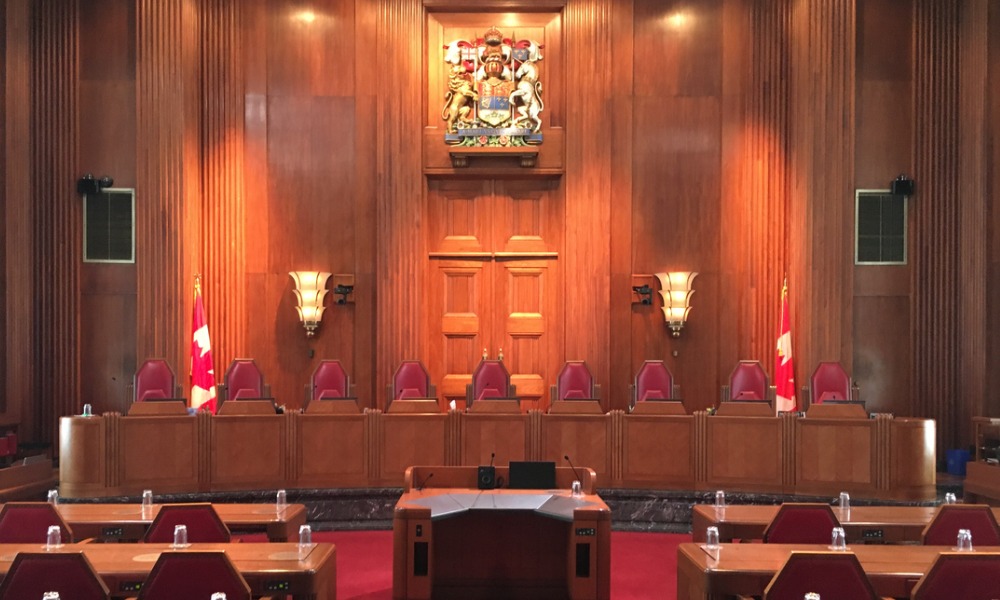Ontario criminal | Appeal
GROUNDS
No direct evidence accused subjectively knew death was likely
Accused charged with second degree murder and conspiracy to commit arson. Accused alleged to have helped plan burning of building in order to collect fire insurance proceeds. Two arsonists used excessive gasoline and caused explosion that resulted in one’s death and serious injuries to the other. Crown alleged that accused recruited arsonists and gave building’s owner an alibi. Trial judge convicted accused finding that he must have known that fire would likely cause death. Murder conviction set aside and manslaughter conviction substituted. Conviction for murder was unreasonable. No direct evidence accused subjectively knew death was likely. Accused was not at scene of fire and no evidence established that he knew anything about arsonists’ use of accelerants. Accused’s knowledge that death would likely result from fire was not only reasonable inference on evidence.
R. v. Roks (July 20, 2011, Ont. C.A., Feldman, Rouleau and Watt JJ.A., File No. C48418) 96 W.C.B. (2d) 325 (48 pp.).
No direct evidence accused subjectively knew death was likely
Accused charged with second degree murder and conspiracy to commit arson. Accused alleged to have helped plan burning of building in order to collect fire insurance proceeds. Two arsonists used excessive gasoline and caused explosion that resulted in one’s death and serious injuries to the other. Crown alleged that accused recruited arsonists and gave building’s owner an alibi. Trial judge convicted accused finding that he must have known that fire would likely cause death. Murder conviction set aside and manslaughter conviction substituted. Conviction for murder was unreasonable. No direct evidence accused subjectively knew death was likely. Accused was not at scene of fire and no evidence established that he knew anything about arsonists’ use of accelerants. Accused’s knowledge that death would likely result from fire was not only reasonable inference on evidence.
R. v. Roks (July 20, 2011, Ont. C.A., Feldman, Rouleau and Watt JJ.A., File No. C48418) 96 W.C.B. (2d) 325 (48 pp.).







